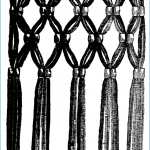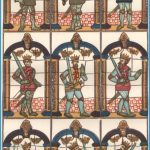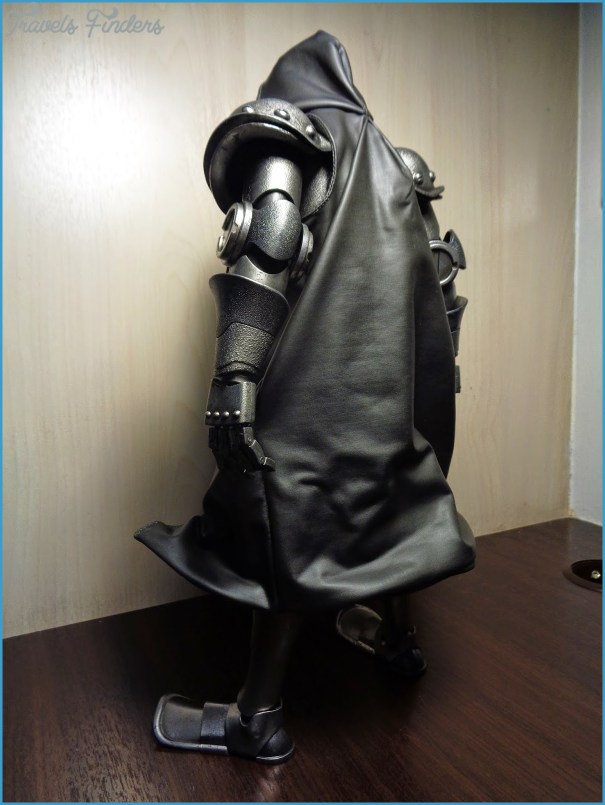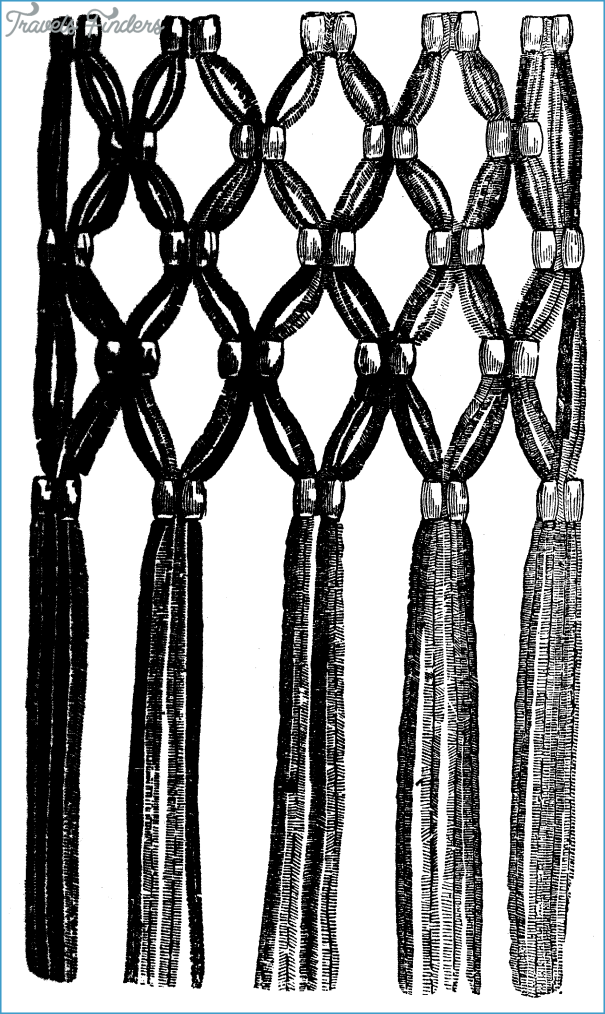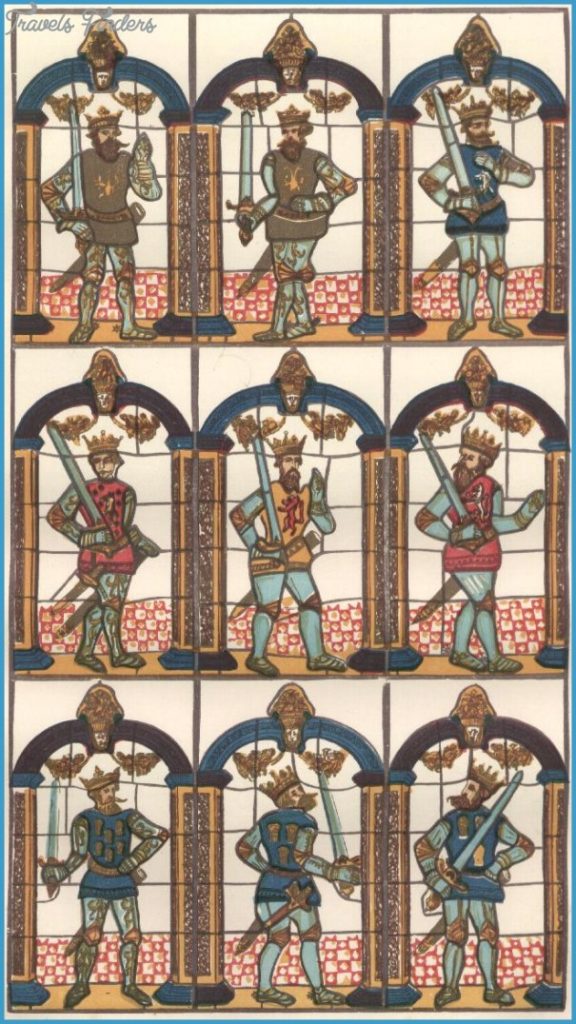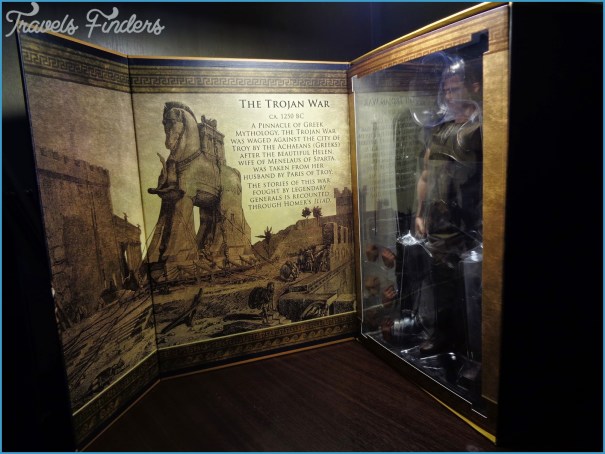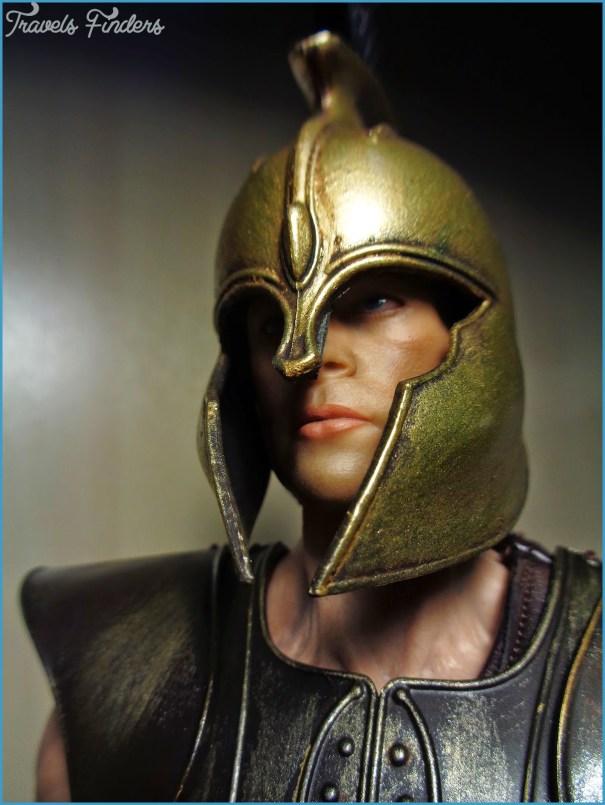Troy’s fate was governed by a number of preconditions. The first said that the city could not be defeated if its young prince Troilus reached his twentieth birthday. So Achilles plotted Troilus death. In one myth he ambushed Troilus as he and his sister Polyxena fetched water from a fountain house. Achilles killed Troilus, and although Polyxena escaped, she aroused a desire in Achilles, which would prove her undoing. In a variant version Achilles ambushed Troilus as he exercised his horses on ground sacred to Apollo – having already provoked Apollo’s anger, Achilles had no longer anything to lose. A third, darker version has Achilles fall in love with Troilus and arrange to meet him at Apollo’s shrine. When the boy refused to yield to his advances, the frustrated Achilles murdered him. But it was the fact, not the means, of Troilus death that was important. The first stipulation for Troy’s downfall had been met.
Nine Years of Attrition: Troilus & Palamedes Photo Gallery
The Greeks spent much of the war’s first nine years raiding nearby cities. While here, too, Achilles shone, among other Greek leaders arguments festered, breeding bitter hatreds. Thus Odysseus loathed the brilliantly clever and creative Palamedes, king of Nauplion and inventor of writing, dice and lighthouses. So, planting a letter on a dead Trojan’s corpse and a bag of gold in Palamedes tent, Odysseus convinced the Greeks that Palamedes was an enemy agent. Enraged, the army stoned the innocent Palamedes to death. When his father Nauplius found out, he took revenge, encouraging Agamemnon’s wife Clytemnestra to be unfaithful with Aegisthus. Then, when Troy had fallen, he positioned false beacons, causing the homecoming Greek fleet to run aground on rocks.



